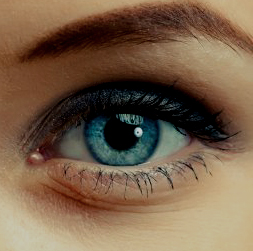
According to a recent survey by the Pew Research Center, 72% of adults in the United States use social media. Another survey suggests that 73% of people in the U.S. obtain health-related information from the internet. Research also shows that false news is more shareable than news that is fact-checked, especially for social media. A study of social media claims about drugs and dietary supplements circulated on WhatsApp found that 86.4% of them were either false (27.3%) or “potentially misleading” (59.1%), with claims about the latter being most shared.
The spread of health misinformation can hinder the delivery of evidence-based medicine and negatively affect patient-doctor relationships.
Some experts suspect that social media might influence patient decisions for cancer treatment. However, there is little data on the quality of cancer treatment information available on social media.
Recently, scientists from the University of Utah in Salt Lake City led a cross-country collaboration to examine the accuracy of cancer treatment information on social media and its potential for harm.
They found that a third of the most popular cancer articles on social media contain misinformation, with the majority of these articles carrying harmful information.
“When conducting the study, I was unsure of what to expect,” Skylar Johnson, assistant professor in the Department of Radiation Oncology at the University of Utah’s Huntsman Cancer Institute, and lead author of the study, told Medical News Today.
“My fears were confirmed when the data suggested that many articles shared on social media contain misinformation and harm. The surprising finding was that this type of information was more likely to receive increased online engagement when compared to factual and safe information,” he noted.
“It is essential that we address misinformation from multiple areas, including on social media, with patients, and with providers. It is our hope that this information could be used to help inform future social media health policy surrounding health information on social media and the need to amplify high quality, accurate and safe information,” he added.
